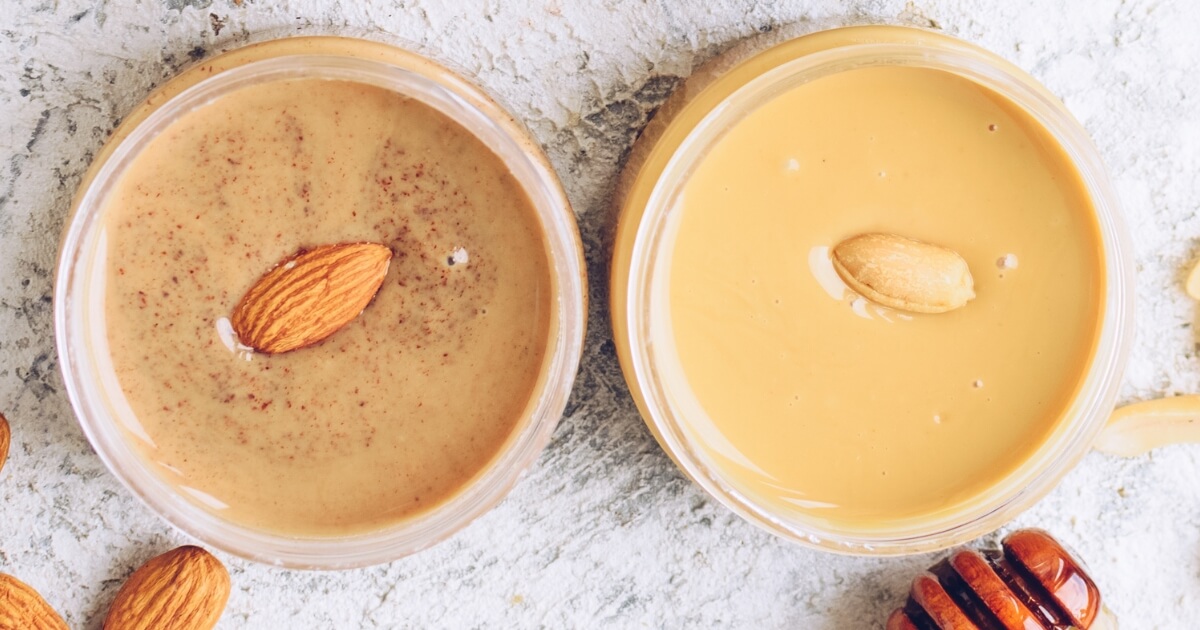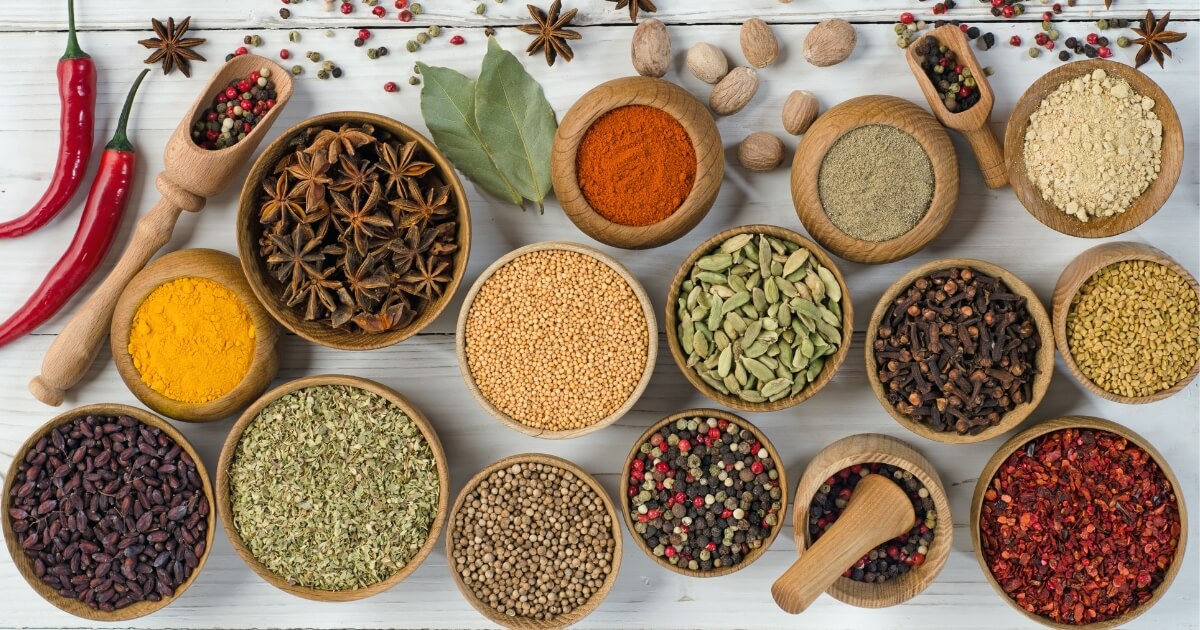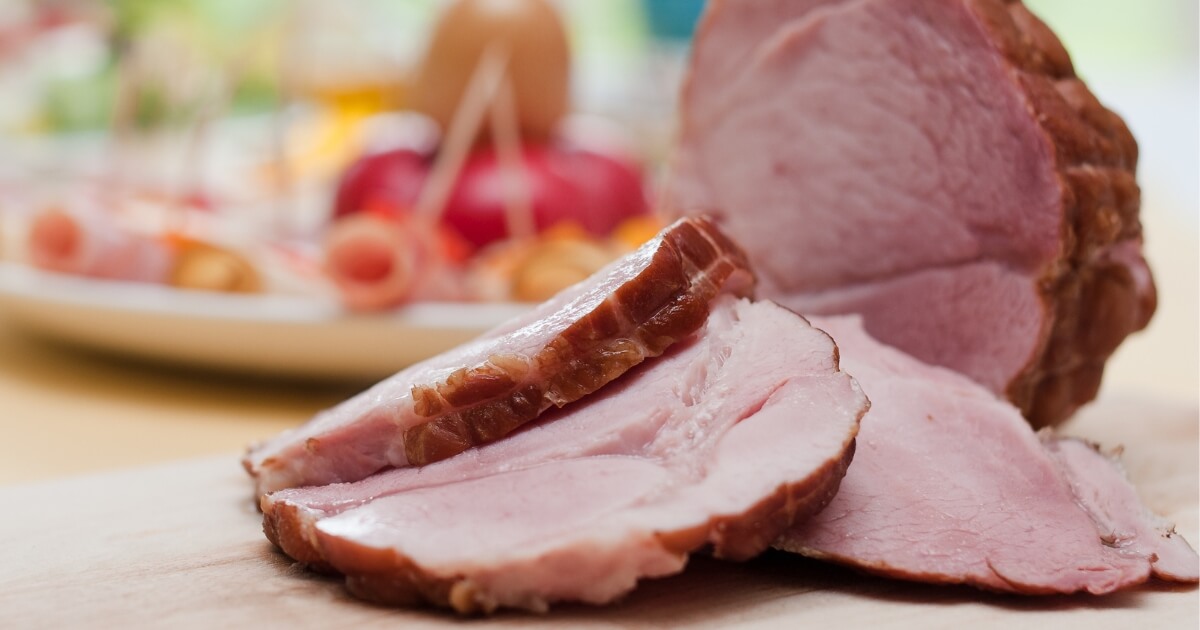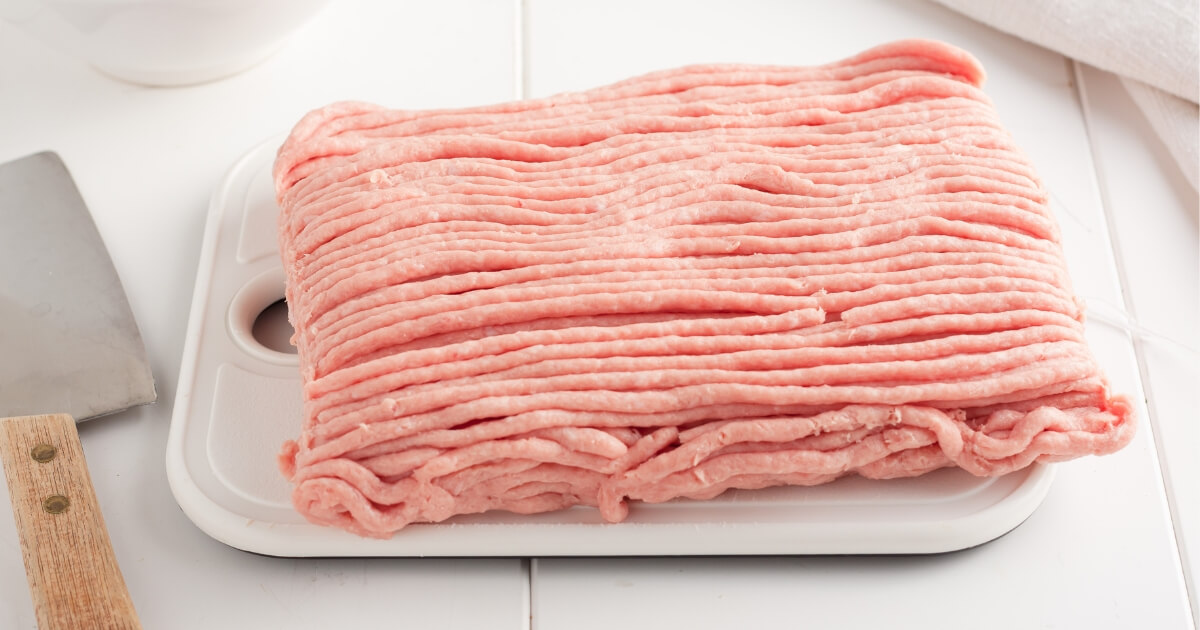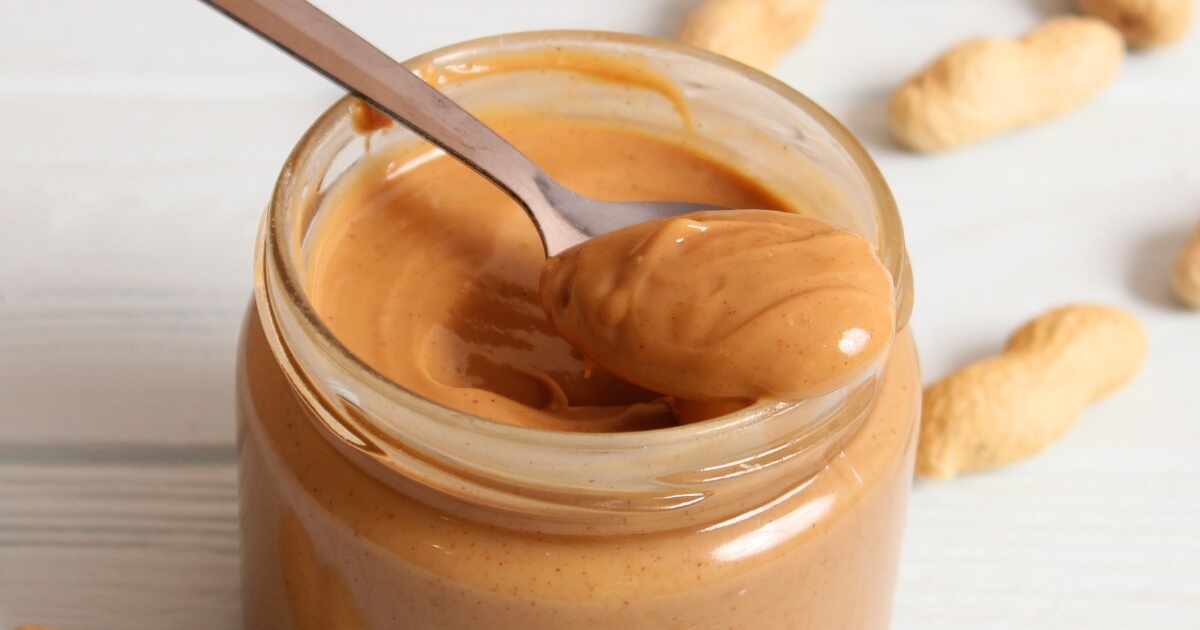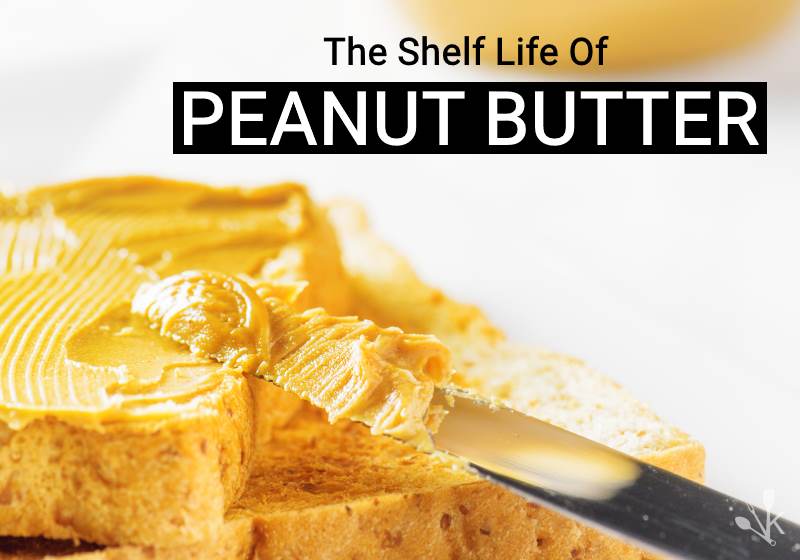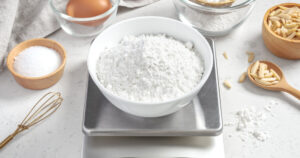I have a spice rack full of jars, and it feels like I haven’t used many of them in years. So, I’ve often wondered, how long do spices last? As it turns out, ground spices, whole spices, and even spice blends all have their own shelf life.
The longevity of spices depends on various factors like storage and the type of spice. Ground spices generally have a shorter shelf life than their whole counterparts.
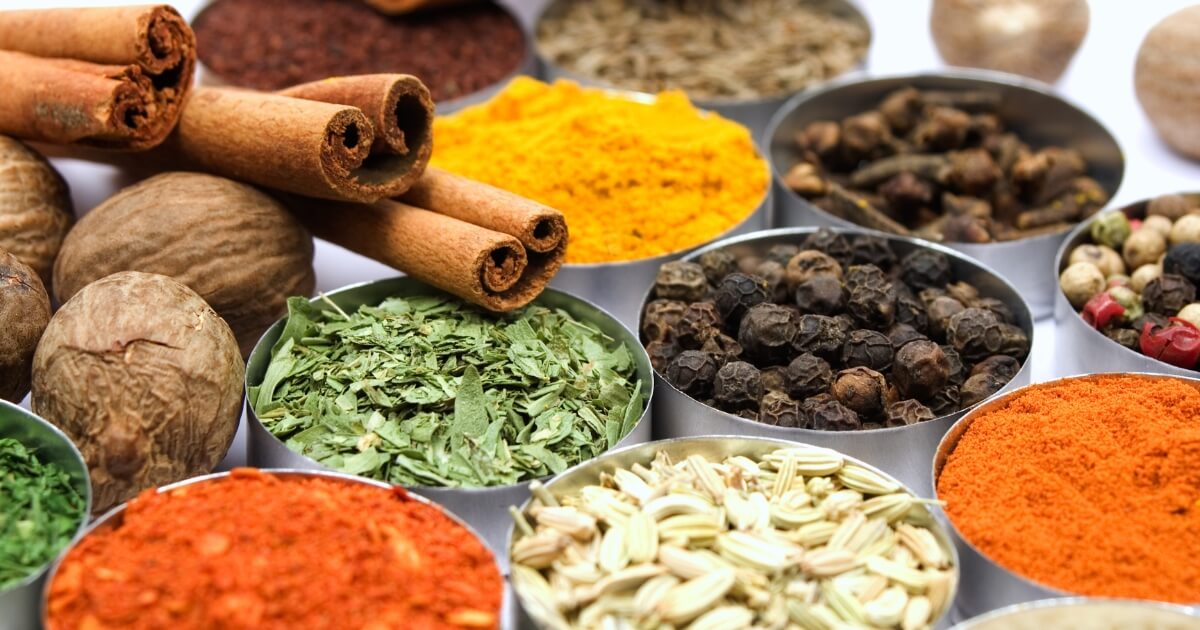
But don’t worry, I’ve got you covered on how long your spices are good for and how to keep those flavors vibrant.
How Long Are Spices Good For?
You’ve got all these spices, but how long do they really last?
Whole spices like mustard seeds and black pepper can keep their zing for up to 3 years, while ground counterparts like chili powder and ground cumin are best used within 1 to 2 years for maximum flavor.
Dry seasoning blends like Italian seasoning and taco seasoning generally stay fresh for about 1 to 2 years. For wet seasonings like pesto, aim to use them within 1 to 2 weeks after opening.
Here is a table to give you an overview of the shelf life of various seasonings and spices.
| Type of Spice | Shelf Life | Storage Method |
|---|---|---|
| Ground Spices | 6 months to 1 year | Airtight container in a cool, dark cabinet. Smell to check freshness. |
| Whole Spices | 2 to 5 years | Airtight container in a cool, dark cabinet. Toast to revive flavor. |
| Spice Blends | 1 to 2 years | Airtight container in a cool, dark cabinet. Check for clumping. |
| Seeds (e.g., fennel) | Up to 4 years | Airtight container in a cool, dark cabinet. Grind as needed. |
| Roots (e.g., ginger) | Several months | Airtight container in the freezer. Grate or slice as needed. |
| Unopened Jars | Up to 3 years | Keep sealed in a cool, dark cabinet for maximum freshness. |
| Extracts (e.g., vanilla) | 2 to 3 years (opened), 4 to 5 years (unopened) | Airtight container in a cool, dark cabinet. Keep tightly sealed. |
If you found this table helpful, you’ll definitely want to check out my other article on the shelf life of herbs. Just like spices, herbs have their own set of rules for storage and longevity.
Do Spices Expire?
Yes, spices expire, but they don’t spoil like fresh foods like milk or meat. Instead, they lose their potency over time. You’ll notice that their vibrant color starts to fade, and the aroma becomes less intense. When this happens, it’s a sign that the flavor compounds in the spice are breaking down.
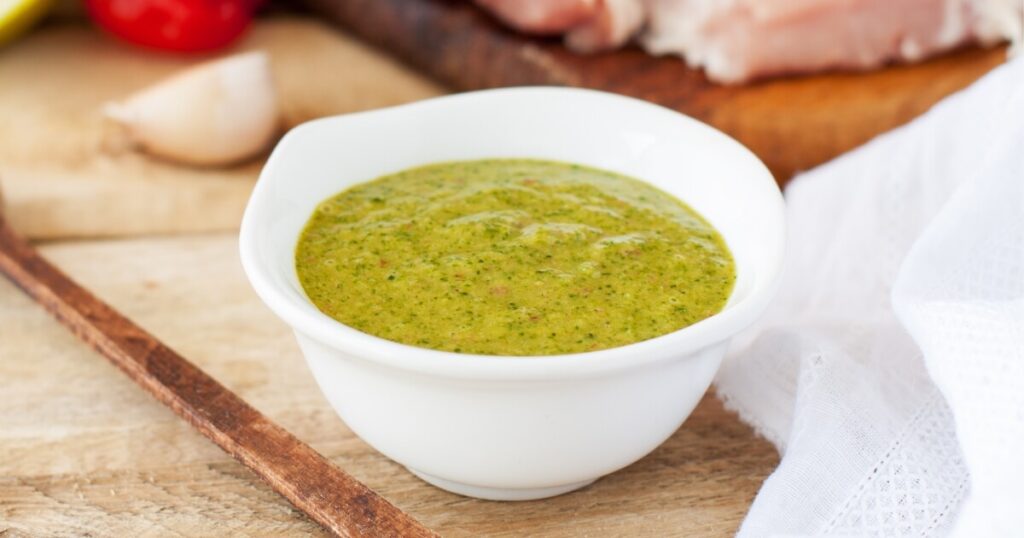
Wet seasonings generally last about 1 to 2 weeks in the fridge once opened. Some might last longer if they contain preservatives, but it’s best to use them quickly. Always check the jar for specific storage instructions and expiration dates.
Ground spices like ground cumin, garlic powder, pepper flakes, and ground cinnamon sticks lose their flavor more quickly compared to whole spices. This is because the grinding process exposes more surface area to air, speeding up the loss of flavor compounds.
Whole spices like black pepper or cumin seeds retain their flavor for a much longer period.
So, if you’re looking for maximum flavor over time, consider grinding whole spices with a spice grinder as you need them.
How Long Do Spices Last After Expiration Date?
So, you’ve found an old jar of spices past its expiration date. What now?
Spices typically don’t become harmful or dangerous after the expiration date, but they do start to lose their kick. Generally, ground spices can last up to a year past their date, while whole spices might go for another 2 to 3 years.
Expiration dates on spices are more about flavor potency than safety. So, if you’re cooking and find that your favorite spice is past its date, be prepared to adjust the quantity to get the flavor you’re aiming for.
Storage Tips
What to Do
The first step to prolonging the life of your fresh spices is proper storage. Airtight containers are your best friend here. Whether it’s a spice jar or a glass jar, make sure it’s sealed tight.
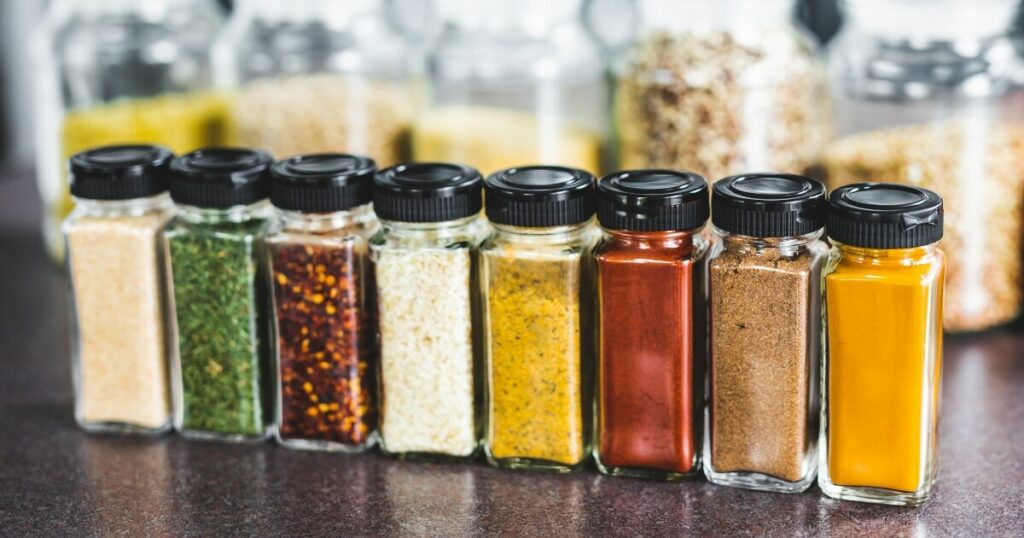
Store these airtight containers in a cool, dark place. A spice cabinet or spice drawer away from the stove and direct sunlight is ideal.
When it comes to storing wet seasonings, the fridge is your go-to. Make sure to seal the jar tightly after each use. You might consider adding a layer of olive oil on top to further seal in freshness, especially for items like pesto.
But what if you can’t use it all up in time? Freezing is an option for many wet seasonings. Portion them into ice cube trays, freeze them, and then transfer them to a zip-top bag. This way, you can thaw just the amount you need for a recipe.
What Not to Do
Avoid storing dry spices and dry seasonings in the fridge or freezer. The moisture can lead to clumping and loss of flavor.
Another big no-no is storing spices near strong-smelling foods. Spices can absorb odors, which can alter their flavor compounds. So, keep them away from things like onions and garlic.
When To Toss Them Out
Alright, let’s get this spice story sorted out for you! Here we go:
Checking Your Spices
- If your spices appear dull or have lost their zingy aroma, it’s time to wave them goodbye.
- Watch out for clumping—it’s a big no-no! This means moisture has snuck in and could lead to mold. Yikes!
- Always trust the good ol’ sniff test. If they don’t smell right, they won’t taste right.
Deciding When To Toss Them
- When your spices have lost that vibrant hue and smell kinda meh, it’s really time to let them go.
- Old spices won’t land you in bed sick, but they’ll make your food bland.
Wet Seasonings
- Mold, separation, or a funky smell? Toss that wet seasoning out! Wet ones can turn bad and aren’t safe to consume.
- Changed in color dramatically? That’s a deal-breaker. Fresh and vibrant flavors are what wet seasonings are all about.
- As with dry spices, if your wet seasoning blends aren’t as aromatic or have clumped up, it’s time to toss them.
Always keep an eye (and nose) on your spices and seasonings. If they’re not up to par, a quick trip to your local store will set you right.

